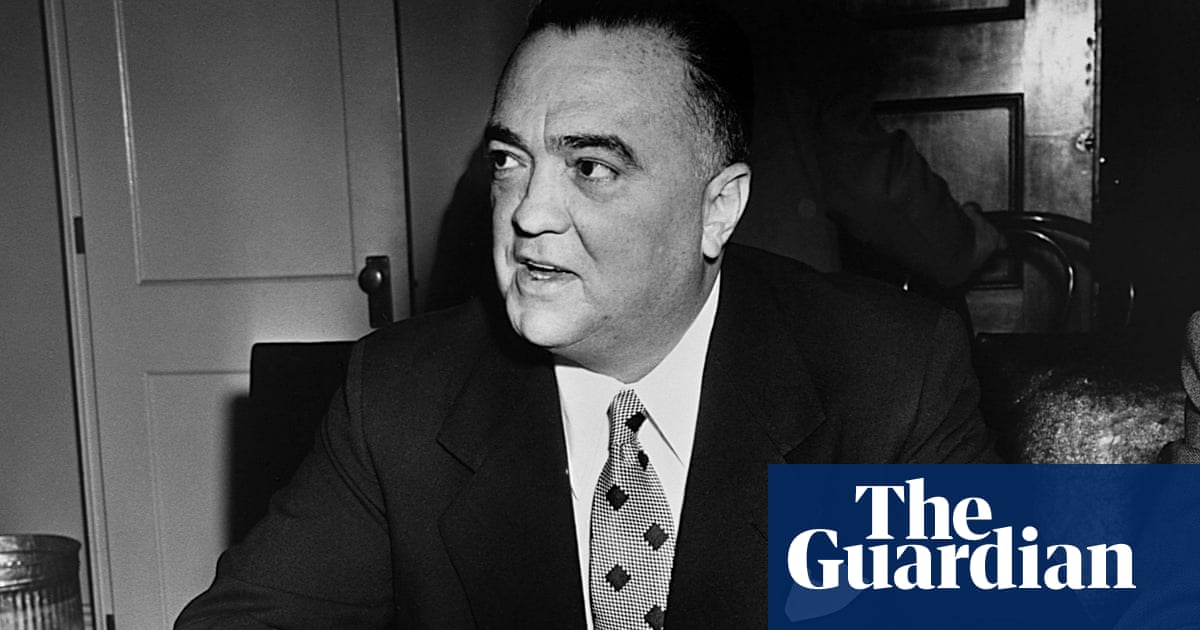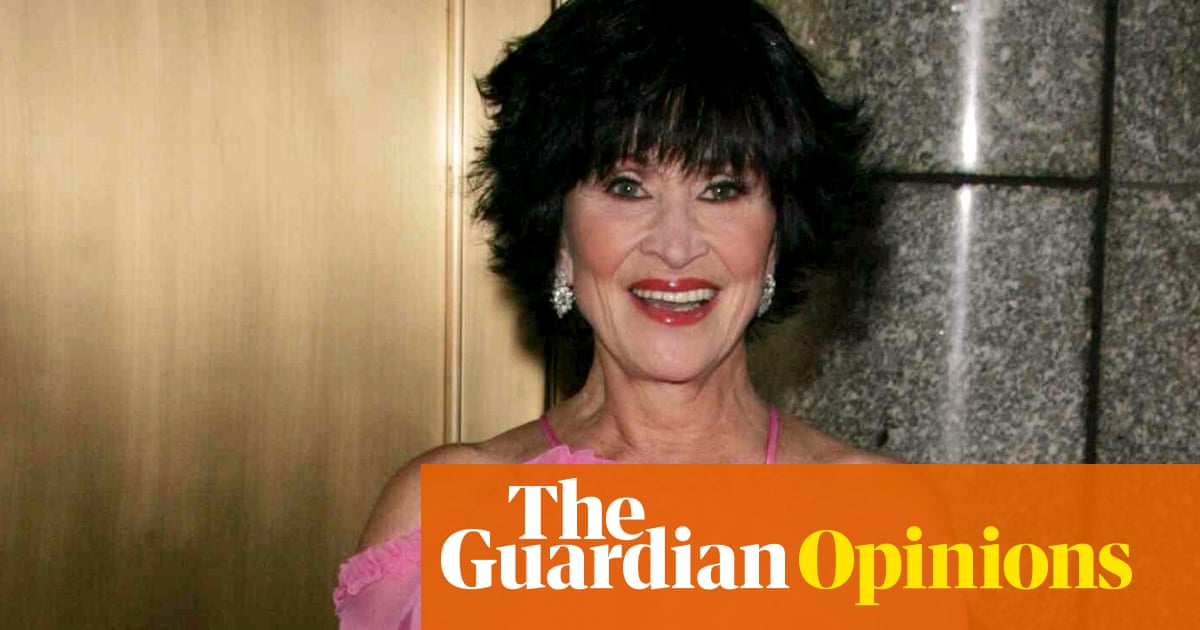
‘Dele Fadele was the first black journalist from the UK that ever interviewed me,” says Chuck D of Public Enemy. “I thought that was amazing. And it was for our first important spread in the UK music press too.” Back in the late 80s, the hip-hop pioneers were used to dealing with journalists who couldn’t get their heads around a bunch of uzi-toting black power radicals, but that wasn’t the case with Dele: “He got us,” says the band’s founder.
Last month, an old university friend of Dele’s emailed the Guardian; he’d heard a worrying rumour that Dele had died and he’d hoped that it was just that, a rumour. Were we able to find out what happened to him? I spent a week contacting dozens of Dele’s old friends and colleagues and by the end of it all the picture was no clearer – some had also heard the same rumours that he’d died, but others claimed sightings or believed he’d returned to his native Nigeria.
How could it be that a journalist admired by bands, colleagues and readers alike, with a three-decade history of published writing, could just disappear? It wasn’t like Dele had played a bit-part – he was one of the few black writers in NME’s history, and famously helped persuade the magazine’s staff to run its Flying the flag or flirting with disaster? cover story, which called out their most bankable star Morrissey’s dalliance with the far right for the first time. (The former Smiths man refused to talk to the paper for more than a decade after it was published; his reputation remains tarnished to this day.)
With headphones permanently clamped to his ears and an intimidating scowl that could crack into a full-beam smile in an instant, Dele had both great taste in bands and a sharp awareness of the politics around them.
“Dele was a writer who truly felt like a fan,” says Neil Kulkarni, a peer from the NME’s rival weekly magazine Melody Maker. “He had that crucial thing of speaking to you directly, neither pleadingly upward or condescendingly downward, and trusting you as a reader to follow his trails and suggestions and volcanic mind.”
Dele’s university friend Richard Monihan described him as “erudite, sophisticated and quite a bit of fun”. His taste skipped across the more tribal genre boundaries of the era – Dele loved the Clash but he loved the Police too, he was as obsessed with hip-hop as he was industrial merchants Einstürzende Neubauten. Friends remember Dele enthusing to them all about a little-known band called U2 who were playing at a ramshackle club in town on their first US tour. He had a reputation for calling up the college radio station, saying “play Joy Division”, and then hanging up. Eventually he landed his own show, called Xenophilia, which became a hit – even if one time he was said to have locked the studio doors and played nothing but hip-hop (“People were shouting: ‘Get him out! Get him out!’”).
But many of his old friends and colleagues identified a more mysterious side to him. Dele would turn up at music festivals wearing traditional Nigerian dress, and would often tell NME staff that his family were royal and that he was a prince. He could go off radar sometimes. As one of his best friends, Katie Tomashevski, says: “It never was unusual to go a period of time without hearing from Dele.” But in the summer of 2020, she had begun to realise that “this time it was longer than normal”.
Dele was born Ayodele Fadele in Highbury, north London on 8 August 1962, but he grew up in Ibadan, Nigeria. His father was an architect there with his own firm, Allied Architects, and Dele had two sisters and three brothers, one of whom, Remi, published a book on mathematics in the late 90s. Dele was similarly academic, studying civil engineering at Syracuse University in New York, but as his friend there, Steven Goldman, pointed out: “His passion, even then, was music. His bible, the NME. It took precedence over everything else in his life.”
Dele dabbled with bands himself. One university outfit was called the Labor Party; they used hammers and sheets of metal for percussion. After moving to the UK he formed Welfare Heroine, whose dreamy cover of Where Do You Go to My Lovely? sounds somewhat ahead of its time now.
The UK, with its vibrant music press, allowed Dele to parlay his fandom into a writing career at NME, joining the magazine as a freelance writer in 1985 when it was about to go through one of its fairly regular identity crises – known as the “hip-hop wars”, staff argued over whether the magazine should be focusing on its traditional territory of indie guitar music or embracing the emerging rap scene instead. For Dele more than most, you suspect, the answer was obvious: it should be covering both.
His writing, much of it collected on the site RocksBackpages.com, showcases not just this diverse taste but also the fact he could be a combative writer. Courtney Love once described his review of Hole’s Camden Underworld show in 1991 (“Their ability to depress in the name of entertainment is unrivalled”) as the worst of her career. And Dele didn’t mind a scrap in person either. During an unruly encounter with the Happy Mondays he criticised them all for “that parochial attitude that keeps ’em locked within a three-mile radius of home”. A live review of NWA begins: “Anyone who calls themselves ‘N–s With Attitude’ has to be dumb, myopic and unaware of the great changes in the lives of Afro-Americans since slavery.”
Even the aforementioned 1987 encounter with Public Enemy that Chuck D remembered so fondly reads like one long tussle – over MLK, Louis Farrakhan, the concept of the nuclear family.
Dele was perhaps a more natural critic than interviewer, though, where his incisive words could stand alone. About one of his favourite bands, Einstürzende Neubauten, he wrote that their music offered “reports from the other side. Echoes from the abyss that speak for those who’ve forgotten how to; sounds of everyday hysteria for those who suddenly find all their dreams, hopes and aspirations dashed.” His rave review of Tricky’s 1995 debut album Maxinquaye hit the nail on the head perfectly: “Maxinquaye is at once a feast of androgyny and a forward-looking, hot/cold example of what can happen when technology is pushed to extremes,” he wrote. “Tension, paranoia, claustrophobia, agoraphobia … Maxinquaye has negative attributes by the bucket but tempers them with a humanity that shows there’s hope out there somewhere.”
It was in 1992, though, that Dele played his most pivotal role. He had attended Madstock in Finsbury Park, the now-notorious gig in which support artist Morrissey draped himself in the union jack, a move some saw as a move pandering to the crowd’s skinhead element. That week’s NME was all set to go to press with Kylie Minogue on the cover but Dele was appalled by what he’d witnessed.
“It was Dele’s finest hour,” recalls Andrew Collins, who along with then-editor Danny Kelly reworked the cover around Dele’s critical piece – an arduous process to do at the last minute back then. “He wrote from the heart – and, uniquely among the staff – from an actual vantage point. This was not a moment to be lily-livered and Dele seized the day. It was a turning point for Moz’s provocations. Dele wrote if not his most important piece, certainly one that gave urgency and weight to an otherwise hand-wringing situation.”
While not as loud as some of the more politically minded music writers of the time, such as Steven Wells, Dele’s politics were resolute and, it is clear now, ahead of their time. Tomashevski remembers him criticising Primal Scream for using the confederate flag on the cover of their 1994 album Give Out But Don’t Give Up. “He pointed out in the NME that the flag was a racist symbol long before it was fashionable to do so,” she says. After that, she says, Dele used to hide behind her if he ever saw the band’s frontman, Bobby Gillespie, when they were out at gigs.
Dele’s politics ran deeper than just writing. Kulkarni says : “As a writer working in a magazine house of 30 floors where it often felt I was the only non-white writer in the building, he offered something more important than just friendship and laughs – he gave me solidarity, and the feeling that we were both engaged in the same lifelong struggles and battles to be heard. I felt so isolated when writing about race, politics and music, but Dele destroyed that feeling of isolation for me.”
When I arrived at the NME at the start of the noughties, Dele still came into the office most days – although he would often arrive after 6pm. The new intake of younger writers, of which I was one, got to know him as a kind, if eccentric, character who liked to mutter his healthy disdain for some of the ways the magazine was being run by an overly commercially-minded management. He could be funny, strident, a little unpredictable.
Dele still wrote regularly for the NME through the 00s but, it was becoming harder for him to sustain a career there. His personal problems were also becoming more noticeable – he had spells of paranoia and drank a lot. After I left the magazine I would occasionally hear stories that Dele had been living rough or sleeping in the office.
James Brown was features editor at the NME during the late 80s and remembers Dele as “a nice guy, a really good writer … although sometimes he didn’t like it if you told him that, he was bashful”. A few years ago, he’d also heard Dele had been struggling and so they arranged to meet up at a pub, although Dele never showed. “Then months later he called up to apologise for not being there,” says Brown. “The way he was speaking, it was as if it was from later that same night.”
Brown had heard that Dele had died, and it was through him that I finally made contact with Oyetunde, Dele’s younger brother, who sadly confirmed that Dele had died from stomach cancer back in March 2018, at his London home.
When this news emerged on social media last month, it was obvious how this forgotten man had not been forgotten at all. “One of the best, sweetest, funniest journos at NME,” tweeted Jesus Jones. “Every time he sauntered into a gig, or a bar, with his plastic bag, his long coat, his headphones – he made me smile.”
“A great writer, who turned me on to so much great music at a very formative time,” posted the Bug. “Capable of written wizardry, and philosophical genius.” Miki Berenyi from Lush remembered a journalist and friend with whom she would “often discuss our respective madnesses over pints at various gig bars”.
But the tributes posed an awkward question: how could it be that, as one friend of Dele’s put it, “even the paper that employed him for many years didn’t learn of his death until now, two years later”.
“Some people don’t understand Dele’s nature,” says Tomashevski. “Dele was very proud and very private. He put barriers up. He was shy. I remember meeting him, and at first I wasn’t sure. He looked gruff but then I realised he was just a softie with a big marshmallow heart.”
Talking to Tomashevski leaves you in no doubt about the affection Dele’s friends had for him. “A lot of people mention his scowl. Dele did scowl – but his smile lit up a room. And he had the best hugs.”
They had a standing arrangement whereby whenever Dele turned up at her office she would take him out to lunch. Sometimes she would help her friend out with contract advice (she works in law), other times she would cajole him to start work on a book of his collected writing. “He was a groundbreaker and a visionary,” she says. “He was a black man writing about indie music!”
When Tomashevski made contact with Dele’s family in Nigeria she says they weren’t fully aware of the details of his achievements as a music writer. But they were also a little suspicious – if Dele was such a big deal, why had nobody contacted them for two years?
To understand this, you perhaps have to understand the unsteady world of music journalism; the people it attracts and the support system – or lack of – it offers. For many of us, music writing didn’t offer a step forward into the real world, but an escape from it.
“The music industry attracts waifs and strays, people who maybe struggle with the basic stuff,” is how Tomashevski puts it. Writing for the NME offers extreme highs – meeting your heroes, travelling the world, getting into gigs for free and hearing records months before everyone else. But even back in the 1990s it paid badly, and wasn’t exactly a career geared towards longevity. Before closing its print edition in 2018, NME had been constantly downsizing, cutting off one of Dele’s few remaining financial avenues. Add to this Dele’s reputation for disappearing, his mental health, and it becomes clearer why news of Dele’s death took so long to emerge.
“Dele wasn’t a good salesperson, which is what you have to be to survive as a freelance,” says Tomashevski. “He was an intellectual. I recently found out that he was called ‘The Professor’ by his family when he was a child.”
Tomashevki still hopes it’s possible to publish a book of Dele’s writings, interspersed with musicians’ memories of him (“Everybody has a great Dele story,” she notes). It would certainly be a chance to put across the real Dele Fadele that his old friends and colleagues remember so fondly.
“He had a professional reputation for being fierce and uncompromising,” says Steve Goldman. “But he was, at heart, a gentle soul. He would scoff at that suggestion, of course, but that smile in his eyes would tell you otherwise. It’s that scoff and that smile that I will miss most.”












